WELCOME to Alexandra Park Junior School

Welcome to Alexandra Park Junior School. We believe that our children can achieve, becoming successful future citizens that contribute positively to a society in which all members are equally valued. High aspirations, motivation and outcomes ensure that achievement gaps wherever they may exist are narrowed in order to improve children’s life chances and future prospects. Our number one priority is to ensure we always put our children at the heart of everything we do. We strive to make learning engaging, fun and purposeful, endeavouring to provide as many ‘real life’ learning experiences as possible through our trips and visits. Reading is the foundation of our curriculum and we positively promote reading for pleasure asking our families to support us with this at home. Alongside this our children receive the entitlement to all areas of the curriculum and through accessing a wide range of extra curricular clubs and activities such as quality play at lunchtimes. At Alexandra Park Junior School learning goes beyond the curriculum. Our school has a strong, warm family feel and a sense of belonging for everyone who joins our school community. Our children learn to develop positive values towards themselves, each other, and the wider community in which they play a huge part. We work together to create a school where children actively demonstrate positive behaviours where we treat each other with respect, understanding and empathy.
Jennifer Seabright, Principal
FIND OUT MORE
Parents/Carers say
- As a mother or parent, I am very satisfied with this school. All staff very brilliant and kind.
- My children are inspired to do well and I believe the school is standing out as the school of choice in the area.
- My son loves coming to school every day. He really enjoys it here and is doing so well. Thank you keep up the good work.
- A very good school. I am really happy with my child’s progress.

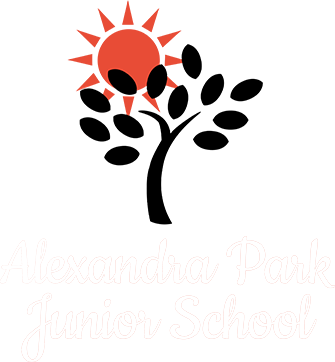






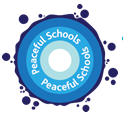
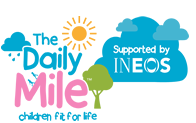









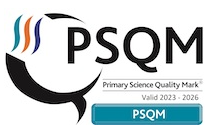
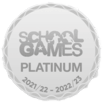
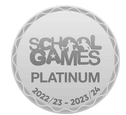
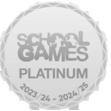
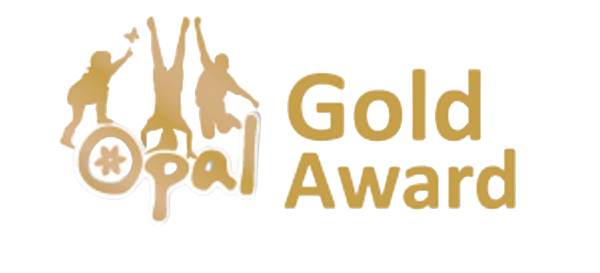
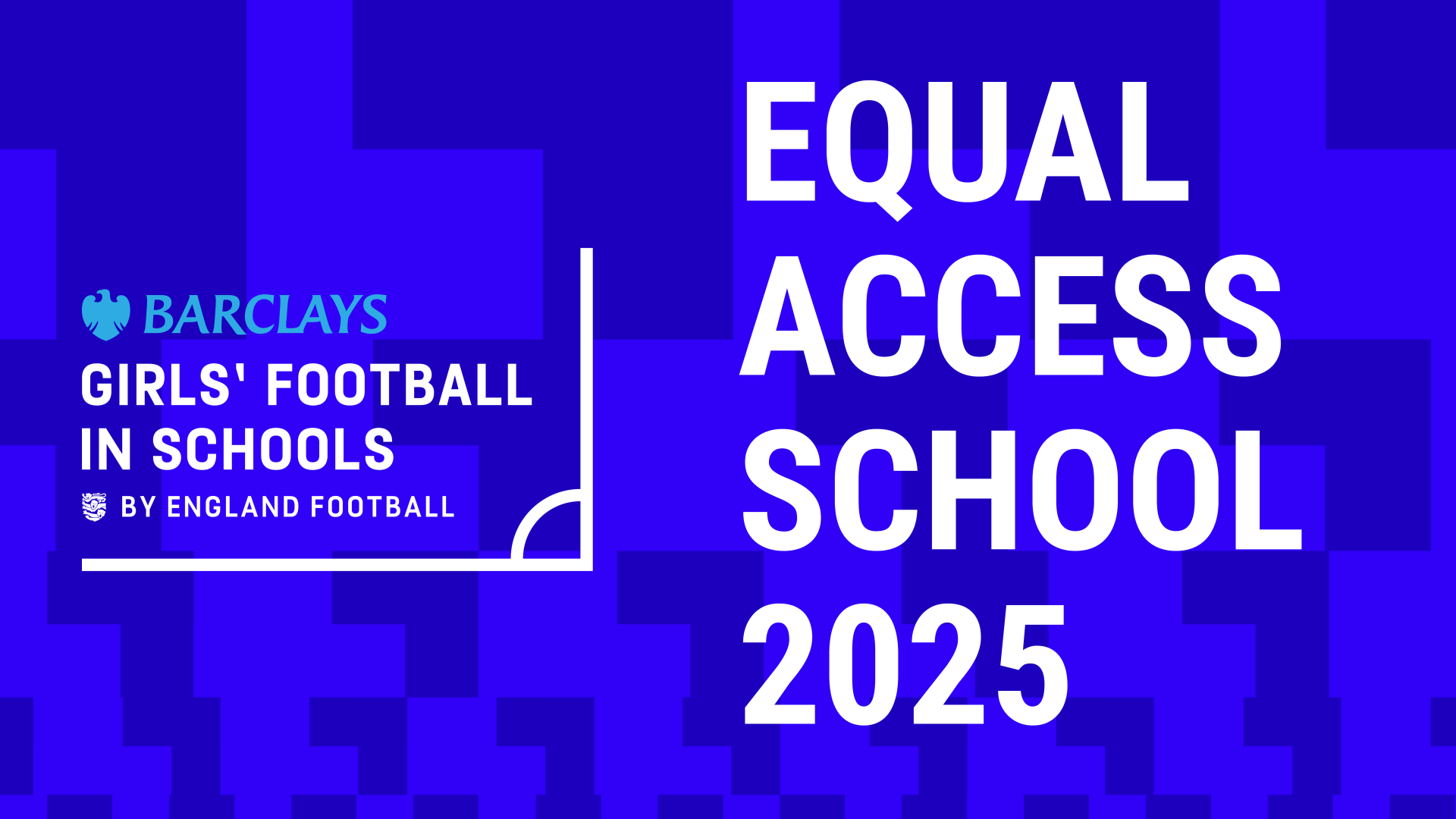
Our Socials STAY TUNED AND UPDATED